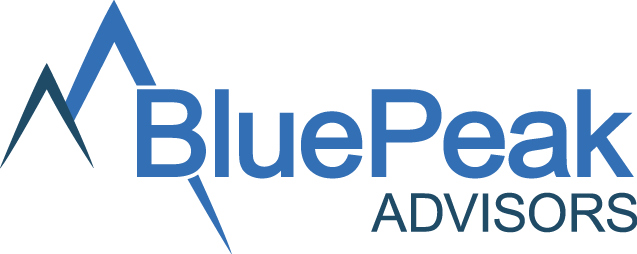The Centers for Medicare & Medicaid Services (CMS) recently released a proposed rule titled “Patient Protection and Affordable Care Act; Updating Payment Parameters, Section 1332 Waiver Implementing Regulations, and Improving Health Insurance Markets for 2022 and Beyond” (CMS-9906-P) that proposes to bring some significant changes to Qualified Health Plans (QHPs). The rule proposes to:
- Starting with the 2022 open enrollment period, extend Federally-facilitated Exchange (FFE) open enrollment to end on January 15th of the applicable year, rather than December 15th of the previous year. This is proposed to all to all Exchanges, including State Exchanges.
- Provide a monthly special enrollment period, available on the Federal platform and also for implementation at the option of each State Exchange, for qualified individuals or enrollees, or the dependents of a qualified individual or enrollee, who are eligible for advance payments of the premium tax credit (APTC) and whose household income does not exceed 150% of the federal poverty level (FPL). There will be no limitation on how often individuals eligible for this special enrollment period can obtain it or use it.
- Repeal the separate billing requirement, which currently requires individual market QHP issuers that offer coverage for abortion services for which federal funding is prohibited to separately bill policy holders for the portion of the premium attributable to coverage of such abortion services and instruct the policy holder to pay for this portion of their premium in a separate transaction.
- Repeal the establishment of the Exchange Direct Enrollment (DE) option, so that State Exchanges, State-based Exchanges on the Federal Platform (SBE–FPs), and FFEs will no longer be permitted to work directly with private sector entities (including QHP issuers, web-brokers, agents, and brokers) to operate non-Exchange enrollment websites, through which individuals receive an eligibility determination from the Exchange and purchase an individual market QHP offered through the Exchange with APTC and cost-sharing reductions (CSRs).
- Reinstitute previous requirements that Navigators in FFEs be required (rather than just authorized) to provide consumers with information and assistance on certain post-enrollment topics, such as the Exchange eligibility appeals process, the Exchange-related components of the premium tax credit (PTC) reconciliation process, and the basic concepts and rights of health coverage and how to use it.
- Increase the user fee rates for the 2022 benefit year for all QHP issuers participating on the Exchanges using the Federal platform: 2.75% of total monthly premiums for FFEs and 2.25% of total monthly premiums for SBE-FP.
- Update a cross reference to mental health parity standards in the provision of essential health benefit (EHB) regulations to make it clear that health plans must comply with all requirements under the Mental Health Parity and Addiction Equity Act of 2008 (MHPAEA), including any amendments.
- Modify regulations implementing Section 1332 State Innovation Waivers.
